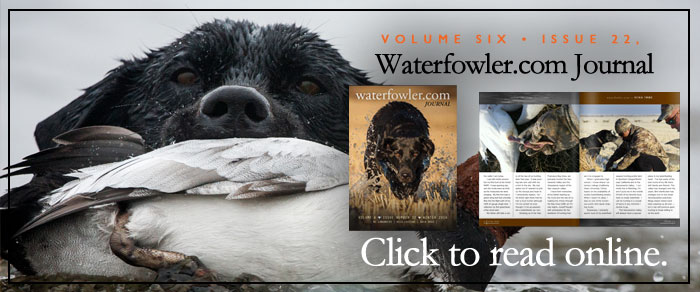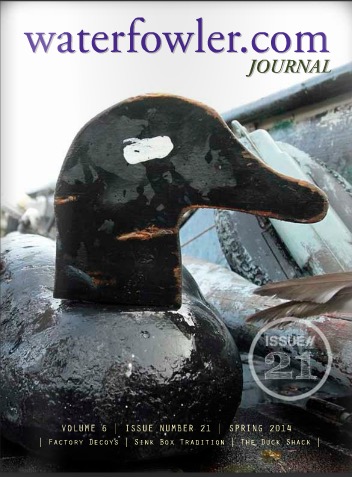January 23, 2002 – Migration Update
There has been little changed in the northern portion the flyway. Geese are fair in Washington, Idaho and Oregon. Oregon hunters reported increase in widgeon and mallard activity. Teal have been flying better in Northern and Central California with goose harvests low. Arizona reported increased harvests in the final week with an influx of ducks, geese and hunter activity to move the birds around. Continue reading







